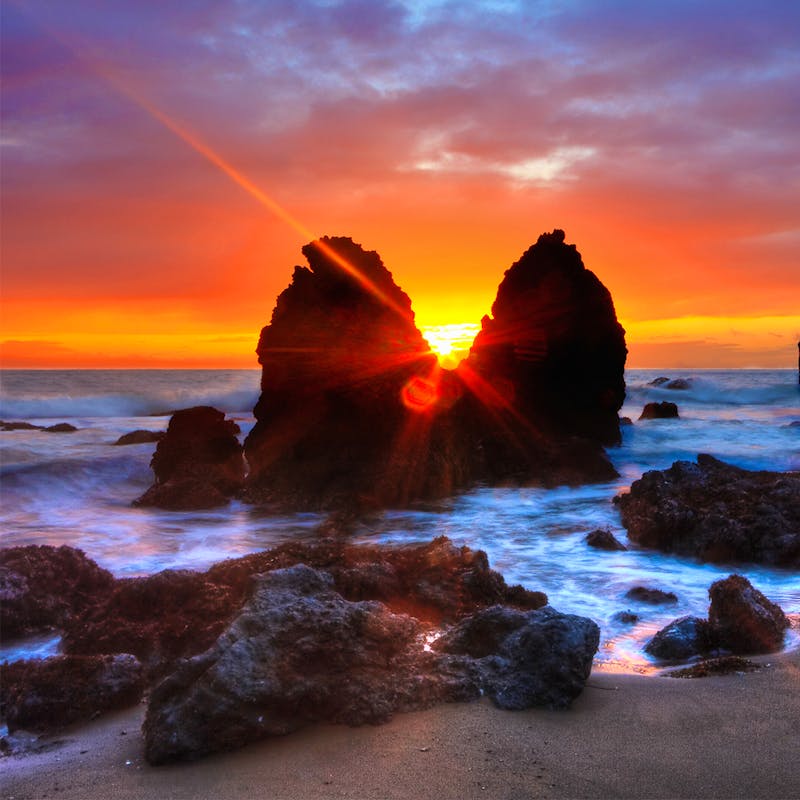Tweet“We applaud the commission’s renewed decision not to allow a female horseshoe crab harvest this year. Delaware Bay’s horseshoe crab population remains greatly depleted after decades of rampant exploitation. There is still time to save the red knot and other shorebirds, which rely on horseshoe crab eggs to survive, that have suffered from this overexploitation.”
The Atlantic States Marine Fisheries Commission (ASMFC) decided against allowing a bait harvest of female horseshoe crabs in Delaware Bay in 2025, maintaining a key protection in place since 2013. ASMFC’s decision reflects broad public support for stabilizing the ecosystem by ensuring enough of the crabs’ eggs exist to feed shorebirds at a vital stopover during their global migratory journey.
The decision was welcomed by conservation groups that have advocated for measures to restore the Delaware Bay ecosystem for species including the red knot, which has been listed as threatened under the Endangered Species Act since 2015. Crab eggs at the key stopover in Delaware Bay give the birds energy to complete their 9,000-mile journey from the southern tip of South America and breed successfully upon reaching their destination in the Arctic. Other declining shorebirds and many species of turtle and finfish also rely on the eggs.
“We applaud the commission’s renewed decision not to allow a female horseshoe crab harvest this year,” said Jane Davenport, senior attorney for Defenders of Wildlife. “Delaware Bay’s horseshoe crab population remains greatly depleted after decades of rampant exploitation. There is still time to save the red knot and other shorebirds, which rely on horseshoe crab eggs to survive, that have suffered from this overexploitation.”
The commission also initiated a process to consider a multiyear extension of the protections for female horseshoe crabs, rather than revisiting the question every year. Such an extension, if instituted, would mark significant progress and provide increased security for the Delaware Bay ecosystem.
Over the past two years, ASMFC similarly rejected proposals to allow for the harvest of female horseshoe crabs in 2023 and 2024. But the question keeps arising due to ASMFC’s decision in 2022 to start using a flawed computer model that is virtually guaranteed to recommend a substantial female harvest every year.
“The commission made the right decision by declining to allow a bait harvest of female horseshoe crabs in Delaware Bay next year,” said Ben Levitan, senior attorney for Earthjustice’s Biodiversity Defense Program. “This decision will give red knots and other shorebirds that utilize Delaware Bay a fighting chance at survival and recovery. But the status of red knots remains precarious, and the commission should not be considering the risky recommendations of its flawed computer model year after year.”
“The decision to once again protect female horseshoe crabs from the bait harvest offers another reprieve for Delaware Bay,” said David Mizrahi, vice president of research and monitoring at New Jersey Audubon. “It will pay dividends for the greater ecosystem, especially for red knots and other migratory shorebirds. Maintaining this protection is essential for red knot recovery.”
“The decision to continue protecting female horseshoe crabs in the Delaware Bay next year is an important step toward safeguarding this ecosystem,” said Stuart Pimm, the Doris Duke Professor of Conservation Ecology at Duke University. “The science makes it clear: protecting female horseshoe crabs is critical to recovering shorebirds like the red knot. The commission made the right choice by not relying on a flawed technical model to harvest female horseshoe crabs and increase the risk to this ecosystem.”
For over 75 years, Defenders of Wildlife has remained dedicated to protecting all native animals and plants in their natural communities. With a nationwide network of nearly 2.1 million members and supporters, Defenders of Wildlife is a leading advocate for innovative solutions to safeguard our wildlife for generations to come. To learn more, please visit https://defenders.org/newsroom or follow us on X @Defenders.
Media Contact
News

Study Led by Defenders of Wildlife Scientist Shows Noise Pollution Impacts on Migratory Birds





